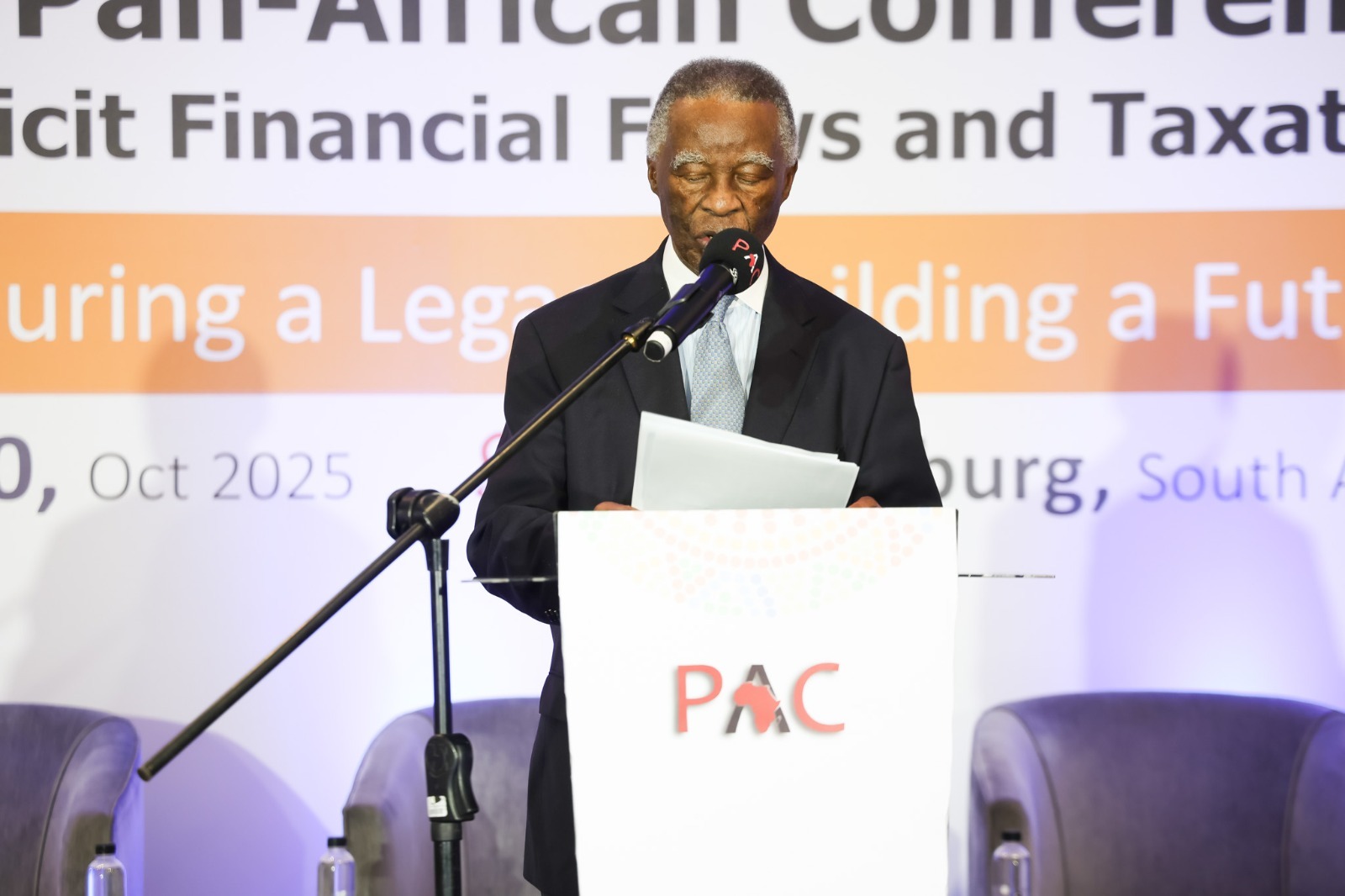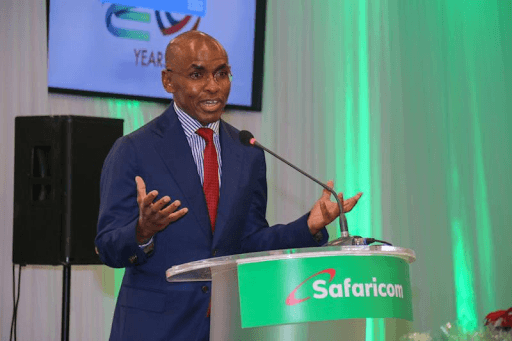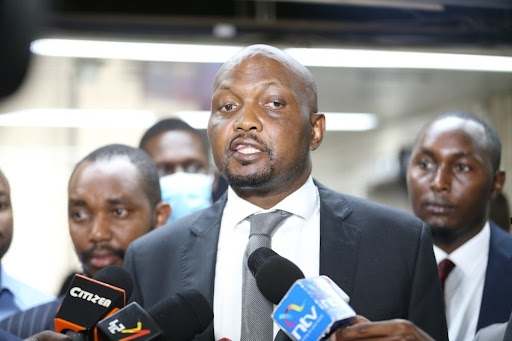 Former President of South Africa, Thabo Mbeki who is also
the chairperson of the High-Level Panel Report on IFFs out of Africa /JACKTONE LAWI
Former President of South Africa, Thabo Mbeki who is also
the chairperson of the High-Level Panel Report on IFFs out of Africa /JACKTONE LAWIIncreasing revenue collection alone will not be enough to help Kenya and other African countries achieve their development goals if illicit financial flows and money laundering are not effectively addressed, experts have cautioned.
Speaking during the opening of the 13th Pan-African Conference on Illicit Financial Flows (IFFs) and Taxation, former South African President Thabo Mbeki said Africa continues to lose billions of dollars annually through illegal capital flight — undermining its ability to finance growth and social development.
It estimated that Africa loses more than $50 billion (Sh6.5 trillion) annually to illicit financial flows — resources that could otherwise fund infrastructure, health and education.
“It is not enough to collect more revenue, we must design tax policies that actively support Africa’s industrialisation and job creation. Taxation must become a tool of economic strategy, not merely of revenue collection,” said Mbeki.
The conference, themed “Honouring a legacy, building a future: A decade of the hlp report,” marked ten years since the release of the landmark High-Level Panel Report on Illicit Financial Flows from Africa, which Mbeki chaired.
Mbeki said the continent must focus on strengthening domestic tax capacity, aligning tax policy with economic transformation, and asserting a stronger voice in global financial governance.
He pointed out that while Africa continues to advocate for fairer international tax rules, domestic capacity-building remains essential.
He called on governments to invest in digital systems, data management and skilled personnel to improve tax administration.
“We must strengthen our tax administrations at home and effectively use tools like automatic exchange of information and beneficial ownership registers,” he said. “We should also explore innovative ways of raising resources such as health taxes that serve both our health and development objectives.”
The 2015 report by the High-Level Panel exposed the massive haemorraging of Africa’s wealth through commercial practices, corruption and criminal activity.
Mbeki noted that over the past decade, awareness and reforms have increased significantly.
The term “illicit financial flows” is now widely recognised, and several countries have strengthened tax administration, established beneficial ownership registers, and joined global information exchange systems.
Institutions such as the African Tax Administration Forum (ATAF) and civil society groups including the Tax Justice Network Africa (TJNA) have advanced the agenda through research, advocacy, and technical training.
However, Mbeki cautioned that despite this progress, the scale of illicit outflows remains “staggering,” with Africa still unable to retain sufficient resources for its own development.
He emphasised that the fight against IFFs goes beyond technical reforms, calling it a political struggle for sovereignty and fairness.
“The rules of global taxation are shaped by political power, only by uniting as a continent and speaking with one voice can Africa hope to transform these rules in our favour,” said Mbeki.
To address the issues African states are pushing for the UN Framework Convention on International Tax Cooperation, adopted by the UN General Assembly in 2022, as a major milestone toward more inclusive global tax governance.
Mbeki further highlighted the need for Africa to maintain unity and leadership in shaping global tax rules, particularly as negotiations advance on a proposed UN Framework Convention on International Tax Cooperation.
He said the coming decade will be a defining period for Africa’s role in global economic governance, calling for stronger collaboration within the Africa Group, closer ties with the Global South, and evidence-based advocacy supported by civil society and academia.
“Africa must continue to lead, not only to ensure inclusive participation but to anchor the convention in fairness, equity, and development,” he added.
Mbeki’s remarks set the tone for renewed momentum on the continent’s tax justice agenda, as delegates at the conference examined strategies to stem illicit financial flows and strengthen Africa’s financial sovereignty.
The conference, convened by TJNA and partners, brings together policymakers, academics, and civil society leaders to review Africa’s progress in curbing illicit flows and advancing tax justice across the continent.











